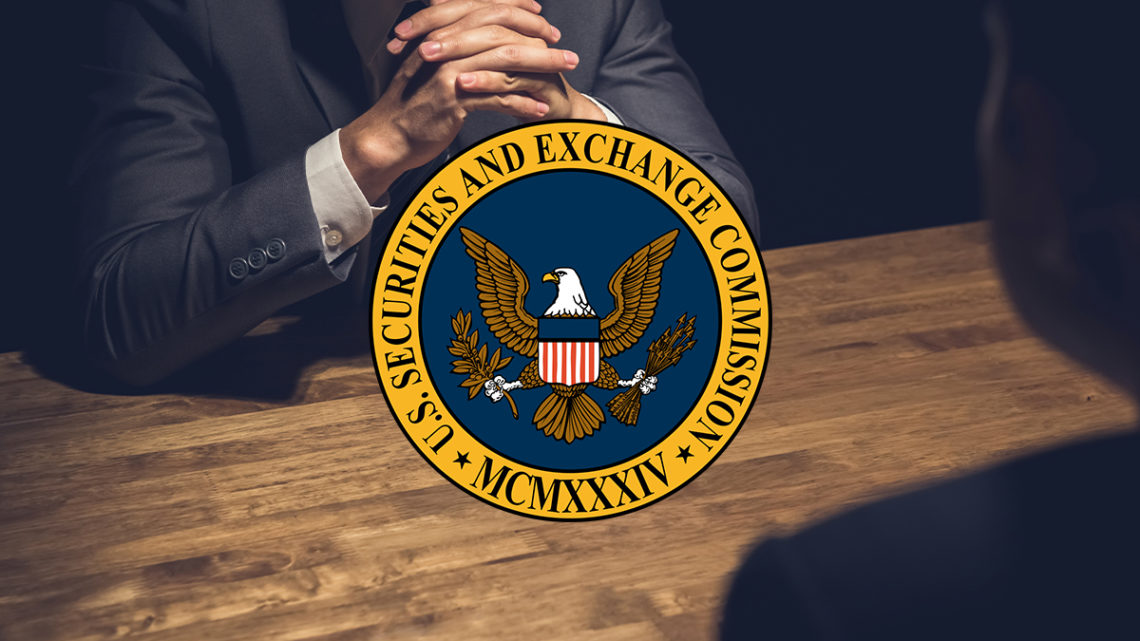- Mark Cuban recommends going on the offensive, while the Celsius CEO seeks clarification for comparable goods
- Alex Mashinsky, co-founder and CEO of Celsius Network, told Yahoo! Finance on Sept. 8 that everyone in the crypto business was seeking clarity that he thinks they are in some muddy seas right now, and they need to have some clarity
- For the larger benefit of the industry, Cuban pushed Coinbase to be proactive in its response to the prospect of legal action
Mark Cuban recommends going on the offensive, while the Celsius CEO seeks clarification for comparable goods. Since the firm announced in a regulatory filing on Wednesday that it had received a Wells Notice from the US Securities Exchange Commission, support for Coinbase and its CEO, Brian Armstrong, has been flooding in from the crypto community. The exchange has been threatened with legal action by the regulator over its proposed Lend program, which would pay customers 4% interest on USDC stablecoin holdings. On Sept. 8, company CEO Brian Armstrong turned to Twitter to express his disappointment with the regulator’s lack of clarification about why it feels the product is a security. Similar goods are available on competing platforms Celsius and BlockFi.
Alex Mashinsky, co-founder and CEO of Celsius Network, told Yahoo! Finance on Sept. 8 that everyone in the crypto business was seeking clarity that he thinks they are in some muddy seas right now, and they need to have some clarity. It’ll take some time before they figure out the regulations and can start racing faster. According to Mashinsky, Coinbase already offers returns on crypto-assets like Ether, thus the SEC appears to have a problem with paying interest on USDC stablecoin deposits. The SEC contends that if paid to non-accredited investors, the yield on USDC is security. Coinbase did not request authorization for all assets; just USDC was requested.
Celsius, which manages over $20 billion in assets, now offers non-accredited investors returns on USDC and other stablecoins. Celsius, on the other hand, was a pioneer in the field, and its goods took a long time to develop it helps to be the first to find things out, according to Mashinsky. When asked if this meant Celsius will be able to effectively handle comparable regulatory scrutiny as Coinbase, he said that everyone will have to wait and see what the SEC decides to do in terms of regulation. Coinbase, like XRP, appears to intend to take the SEC to court to establish they went over their charter. Mark Cuban, the billionaire investor and owner of the Dallas Mavericks, advised Armstrong and Coinbase to go on the attack on Twitter on Sept. 9, calling the action regulation via litigation.
He went on to say that by suing, the SEC gets to play on their home court to control it and that it might modify how DeFi works while simultaneously seeing it expand. For the larger benefit of the industry, Cuban pushed Coinbase to be proactive in its response to the prospect of legal action. Rather than the SEC going after a little decentralized business and getting a fast decision that becomes the law of the land for DeFi, it’s better for the industry that they take on the SEC. Frances Coppola, an economist, thinks that if interest is imposed or assessed on token lending, these loan agreements are deemed securities under the law. In one of its most aggressive recent measures against the sector, SEC Chair Gary Gensler, according to Bloomberg, has recently sent a warning shot to other crypto firms selling similar goods.

Andrew is a blockchain developer who developed his interest in cryptocurrencies while pursuing his post-graduation major in blockchain development. He is a keen observer of details and shares his passion for writing, along with coding. His backend knowledge about blockchain helps him give a unique perspective to his writing skills, and a reliable craft at explaining the concepts such as blockchain programming, languages and token minting. He also frequently shares technical details and performance indicators of ICOs and IDOs.


 Home
Home News
News










